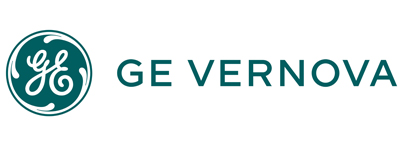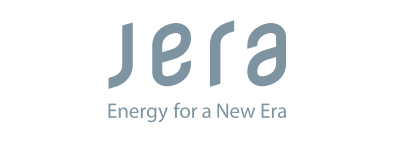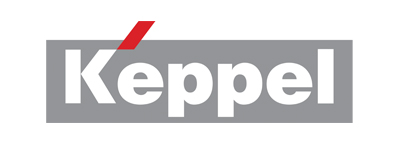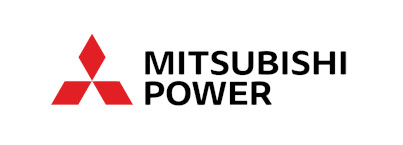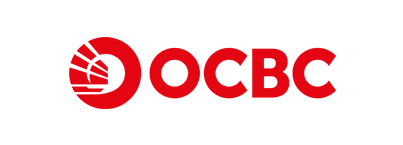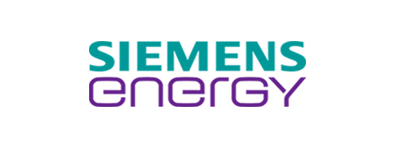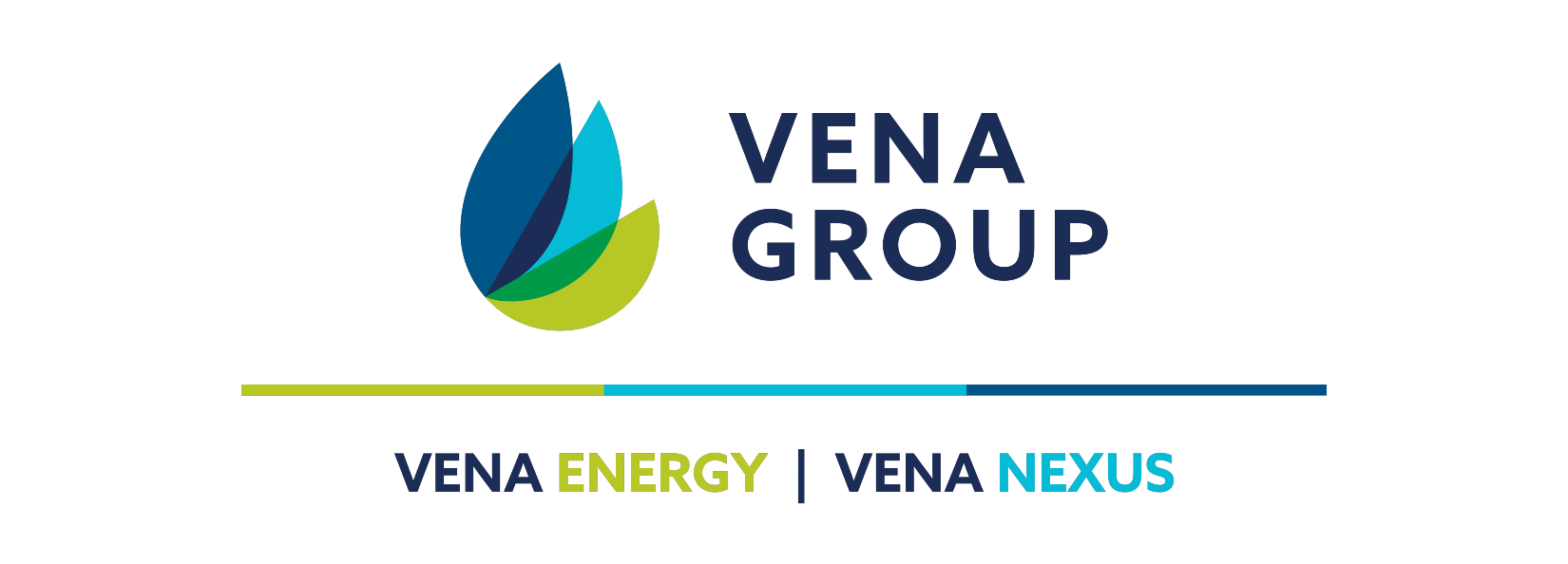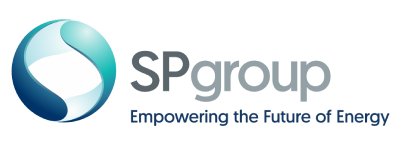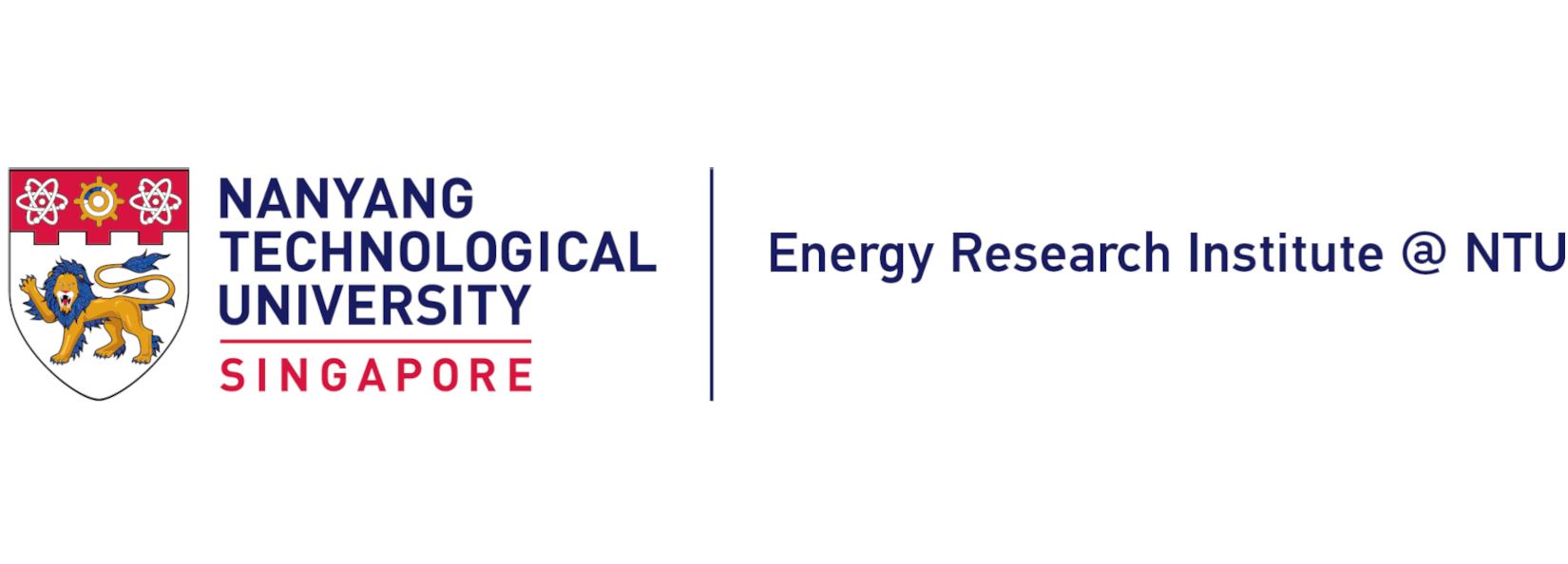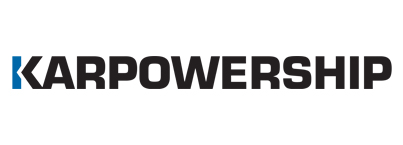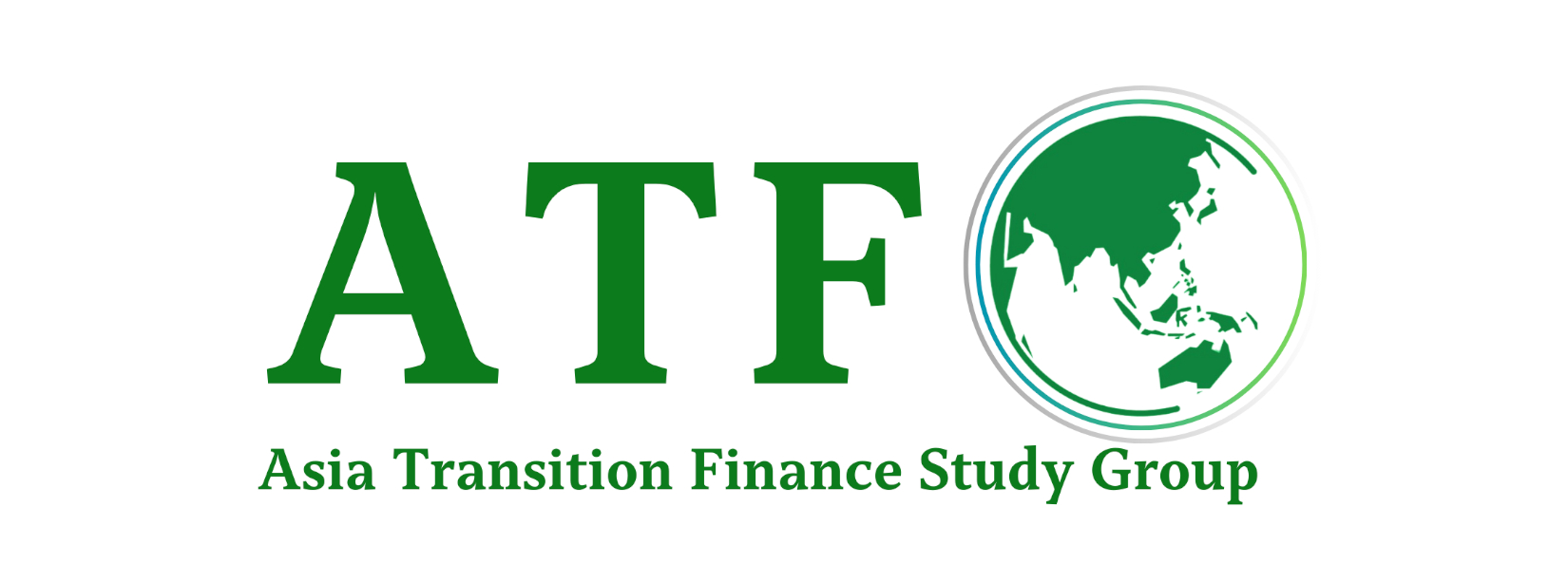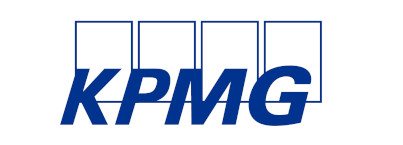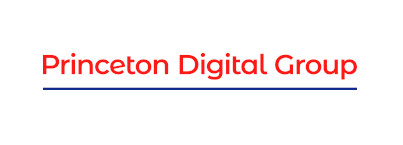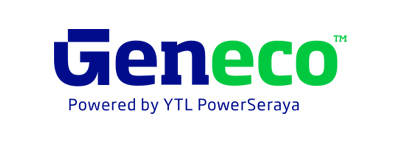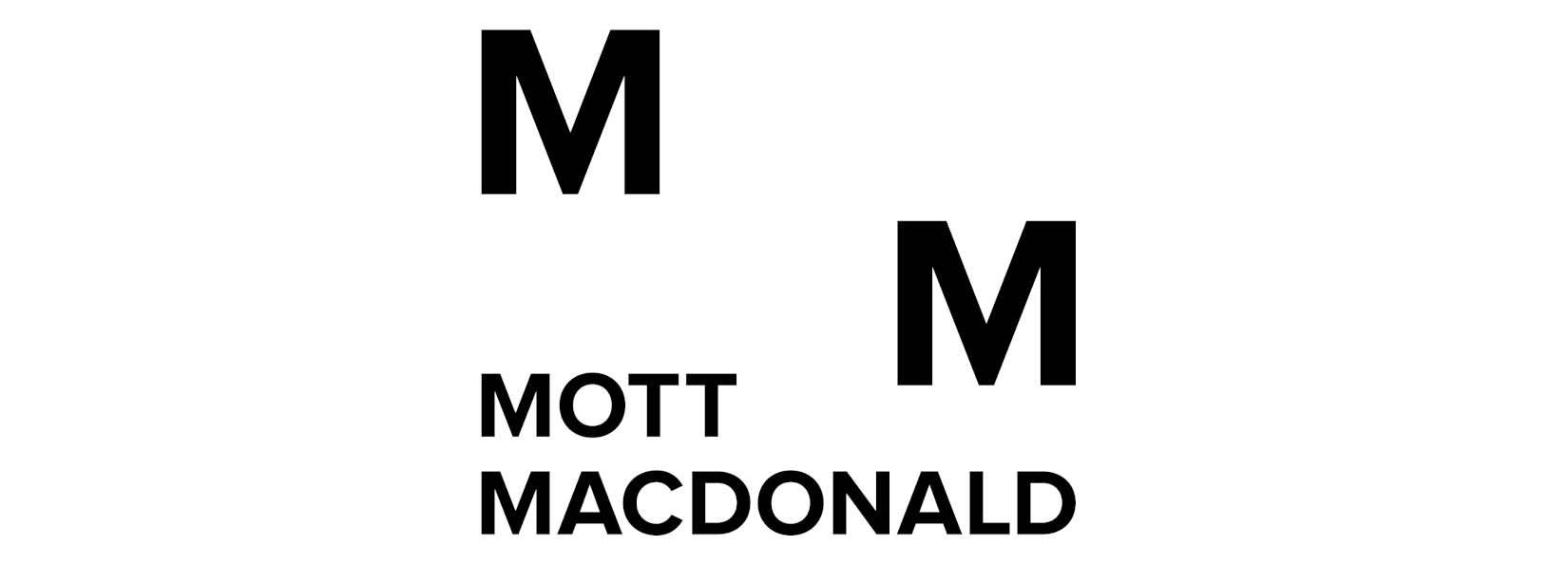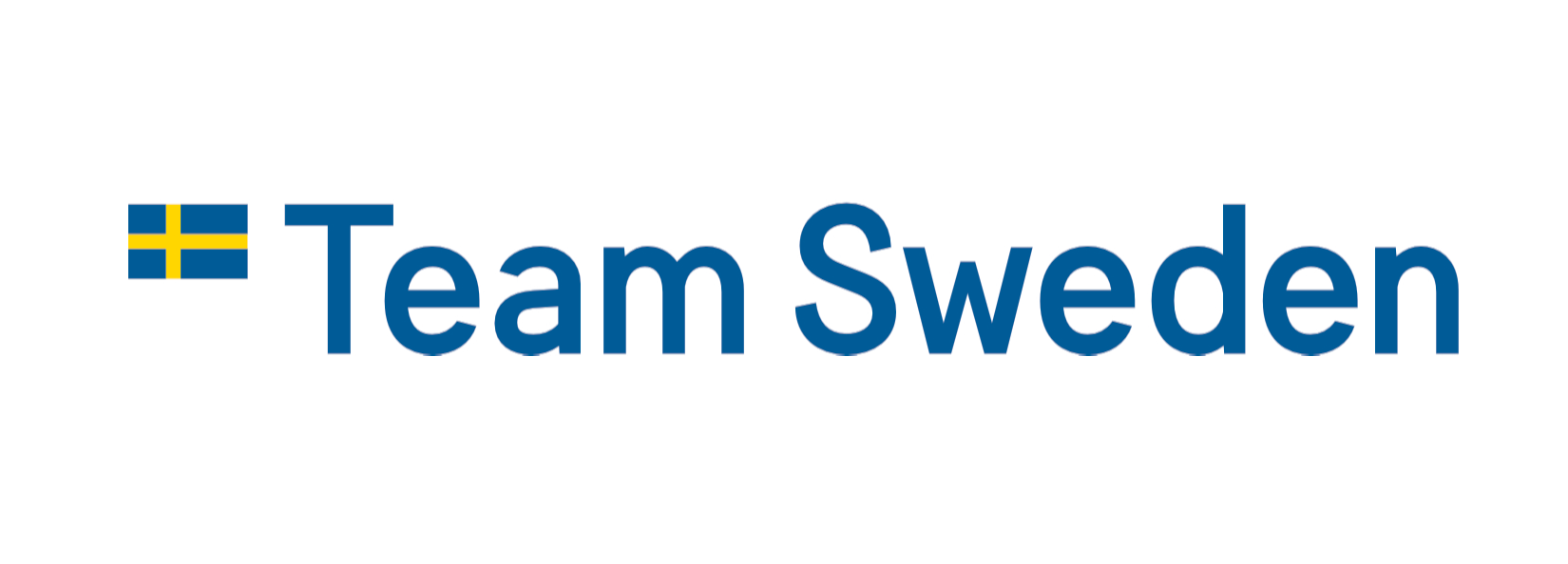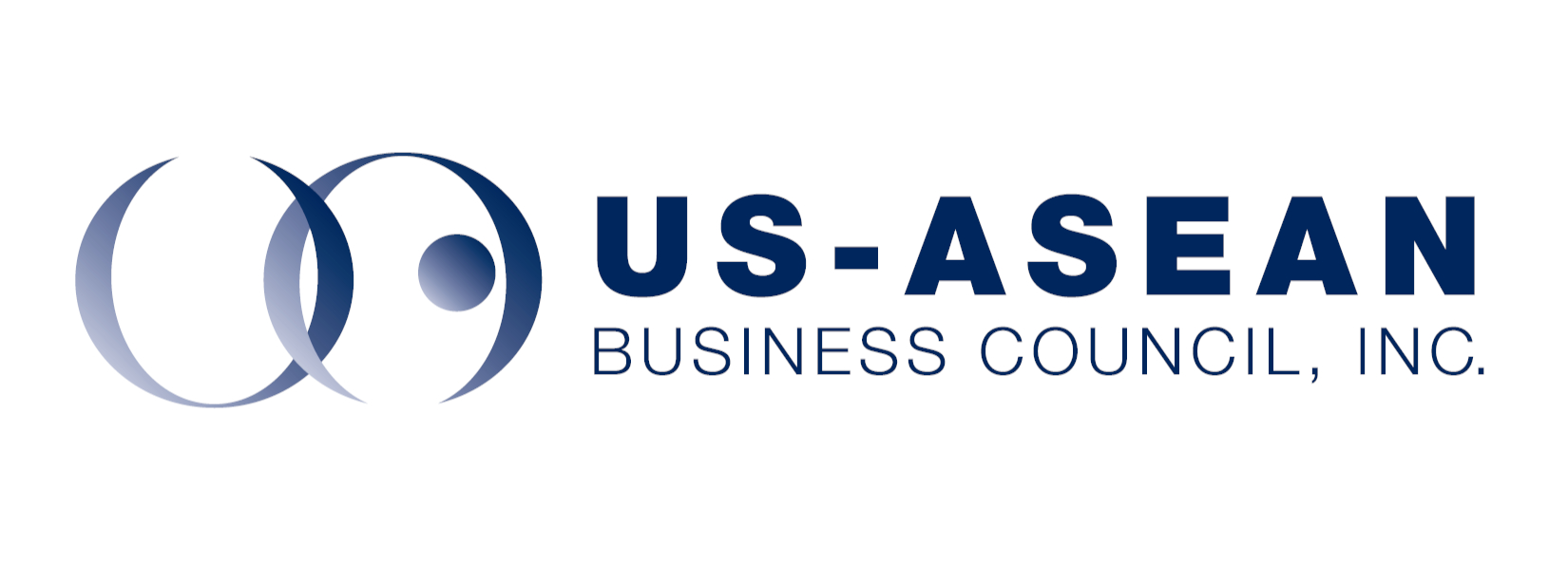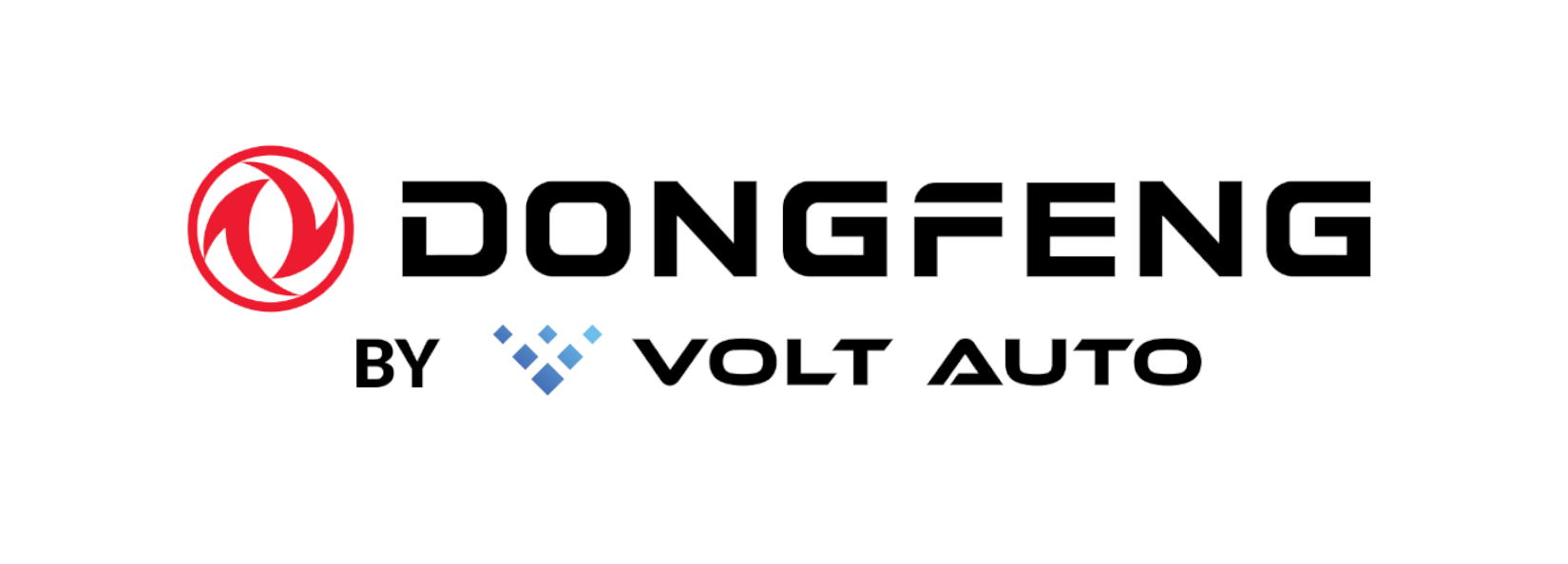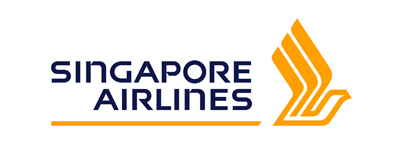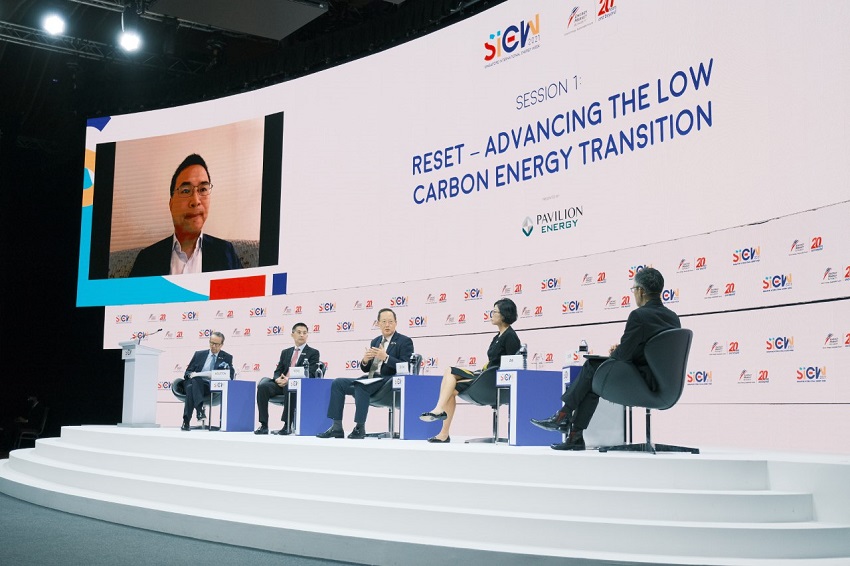
Asia is at a critical juncture of the energy transition. At the Singapore Energy Summit on 25 October, energy thought leaders revisited their commitment towards achieving a low carbon energy future. Discussions centred around the pursuit of green growth opportunities, regional cooperation, and innovations crucial to decarbonisation. Here are the key takeaways:
A carefully calibrated approach to the clean energy transition is needed
The momentum for energy transition has recently been strained by the global energy supply crunch. This has resulted in surging energy prices, with far-reaching implications for the energy transition.
Making this observation at the Singapore Energy Summit was Alan Heng, Interim Group Chief Executive Officer, Pavilion Energy. In his Keynote Address, he noted that gas prices have reached the crude oil equivalent of above US$200/barrel—attaining "a level not seen before". This has compelled some countries to revert to coal and oil-fired power generation to address their energy needs.
Mr Heng shared two thoughts: the recent energy crisis underscores how interconnected global energy systems are, as well as how volatile they can be. He added that the energy transition requires "a balanced and measured approach"—a view shared by Dr Tan See Leng, Minister for Manpower and Second Minister for Trade and Industry, Singapore.
Speakers agreed that a carefully calibrated approach would be critical to minimise huge volatility in the energy markets if we are to avoid derailing clean energy adoption.
Cross-border collaborations are powering on
The pandemic has not hindered but rather fostered greater bilateral and multilateral collaborations. While challenges remain, speakers at the Summit concurred that ASEAN nations need to work together to share knowledge and tap on complementary resources to power a brighter future for the region.
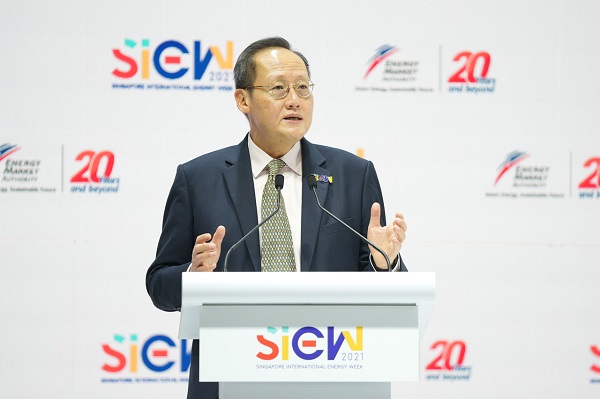
In his Keynote Address, Dr Tan shared that ASEAN members are working towards implementing an ASEAN Power Grid, adding that the first 100MW of electrons from the Lao PDR-Thailand-Malaysia-Singapore Power Integration Project are expected to flow in 2022. He was hopeful that this will soon pave the way for an integrated electricity market in the region.
Private-sector consortiums also showed their support at the Summit. Two agreements were signed at the sidelines of SIEW 2021, including a joint pilot project to import 100MW of solar energy from Indonesia to Singapore.
Pressing need to accelerate clean energy developments
How can we fast-track the shift to a clean energy future? Speaking virtually at the Summit, IRENA Director-General Francesco La Camera said that "the direction for travel is clear" for moving towards an energy system dominated by renewables—complemented by green hydrogen and sustainable bioenergy.
Sharing a structured approach to advancing the energy transition, H.E. Alfonso G. Cusi, Secretary of the Department of Energy, Republic of the Philippines, shared three Gs—Gauge, Growth, Gather. This would involve assessing, calibrating, and expanding energy resources with full and active participation from all stakeholders.
The role of the private sector in advancing the energy transition in the region would also be crucial. Panellists at the Summit agreed that private capital would be key to incentivising positive behaviour, as financiers increasingly look to move away from coal investments.
Low carbon technologies could unlock potential growth opportunities
Low carbon innovations will have a big impact on the clean energy transition. This was a key message carried across the Summit discussions. Sharing his view, Andrew Light, Assistant Secretary for International Affairs, the U.S. Department of Energy, believes clean energy developments present the "largest economic opportunity we've seen in generations".
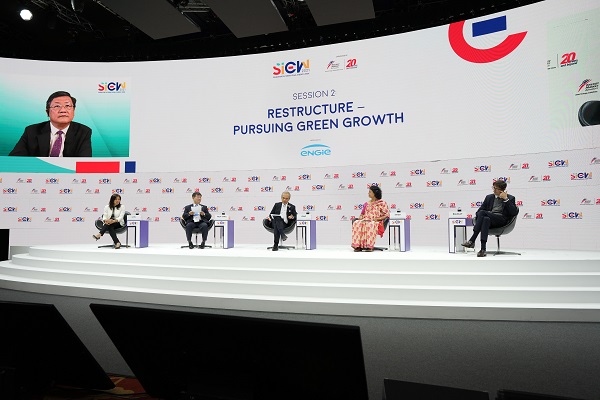
In a panel discussion, Thomas Baudlot, CEO Energy Solutions APAC and Country Head South East Asia, ENGIE South East Asia, highlighted that the challenge today is to "find the right business models and partnerships to deploy innovative green technologies".
With that said, countries remain intent on pursuing the green agenda. In a Special Session focusing on decarbonisation and low carbon solutions, the Hon. Dr Megan Woods, Minister of Energy and Resources, New Zealand, said the use of low carbon technologies such as hydrogen and biofuel, will be key to the country's decarbonisation efforts.
The Hon. Dr Woods added that the hydrogen economy will generate new jobs. It will also help create a robust energy platform with other renewable energy sources by greatly enhancing energy security.
H.E. Dr. João Saldanha de Azevedo Galamba, Deputy Minister and Secretary of State for Energy, Portuguese Republic, added that hydrogen will be primarily used in sectors that are hard to electrify.
Emergence of innovative green financing models
The world will need an annual investment in clean energy projects and infrastructure of nearly US$4 trillion by 2030 to get back on track with climate targets. This was outlined by the International Energy Agency (IEA) in its latest World Energy Outlook 2021 report.
As a reflection of this, the global energy transition is giving rise to new forms of sustainable finance. According to Audra Low, Chief Executive Officer, Clifford Capital, there is demand for “greenium”, in reference to the premium investors are willing to pay for green bonds.
She added that banks are also structuring sustainability-linked loans where borrowers are required to sign up to a handful of sustainability-linked targets—and failure to meet these will result in penalties. Ms Low explained that this will direct investments to more sustainable approaches.
Furthermore, investors are also now pivoting towards a green agenda. In a separate panel discussion, Tan Su Shan, Managing Director, Group Head of Institutional Banking, DBS Bank, sees a change in the financing landscape. In particular, millennials are now increasingly making these investment decisions, "and they want to see the companies that they invest in have a green agenda," she explained.
Follow us on Twitter (@SIEW_sg) to get the latest #SIEW2021 updates throughout the day!


